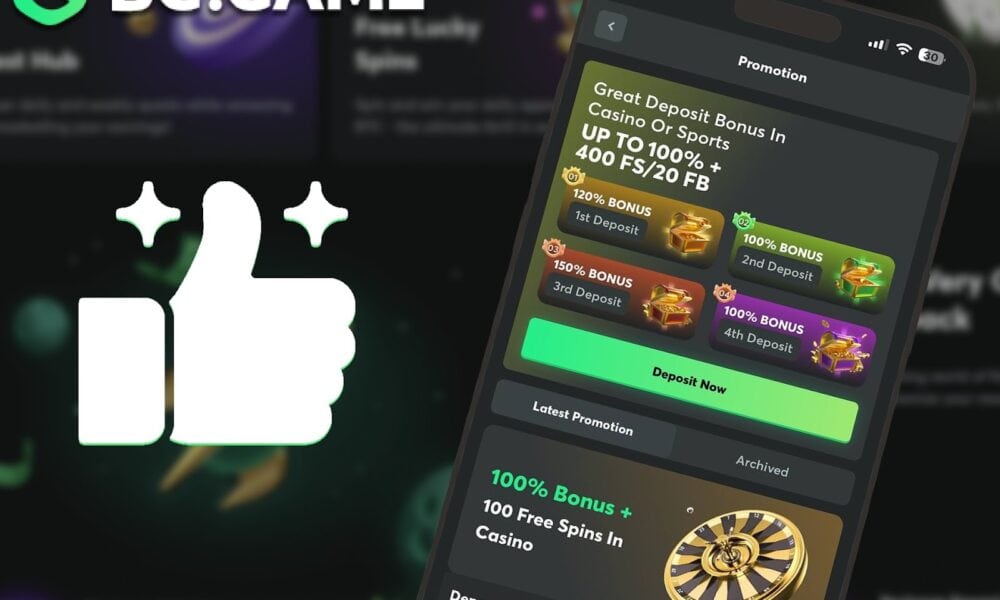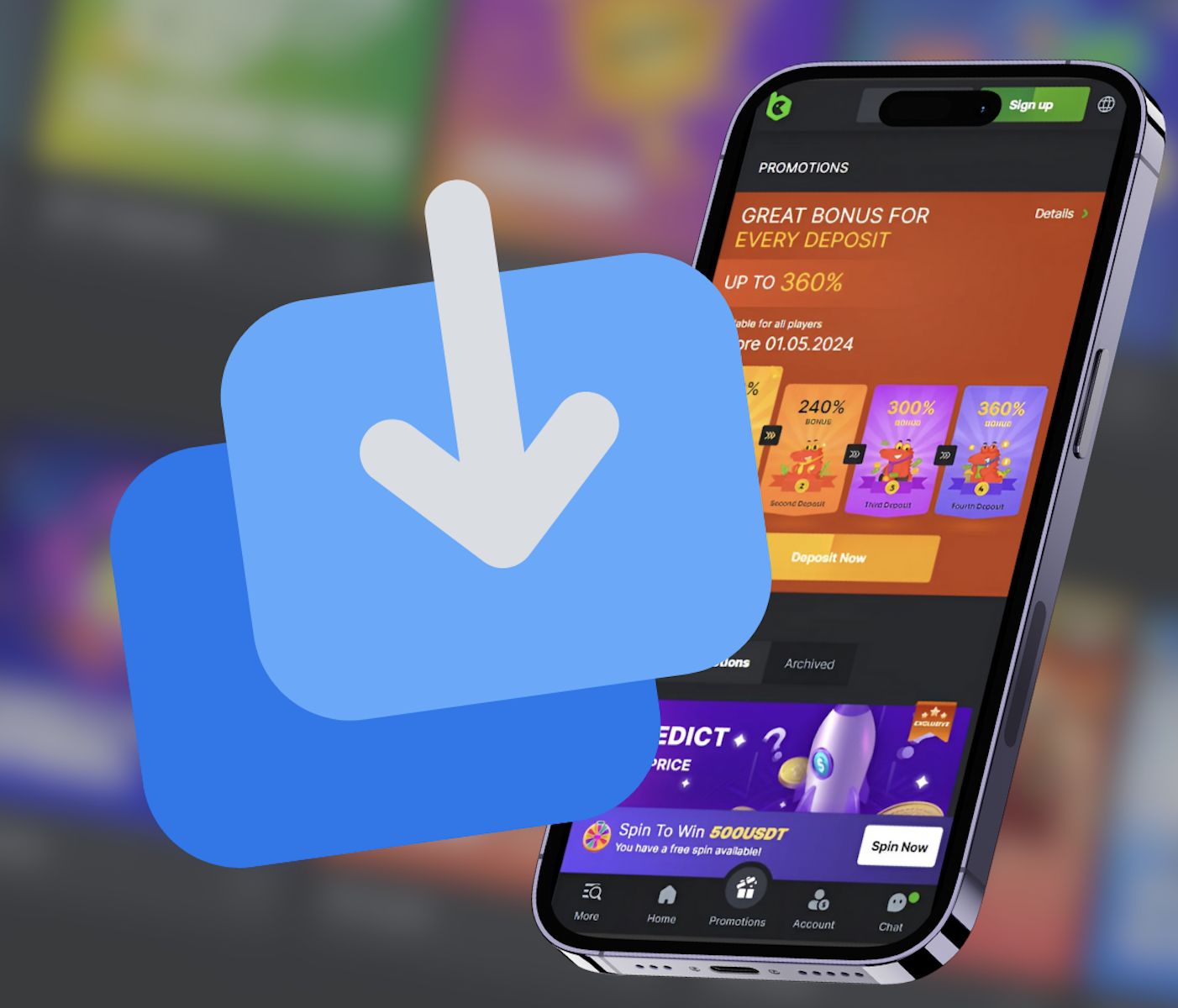What Data We Collect
Online casinos compile several kinds of personal data to guarantee U.S. gamers have a flawless and safe gaming experience. Although this information drives everything from tailored offers to account creation, it is managed precisely to preserve anonymity. Knowing what’s gathered lets players negotiate platforms with confidence. Usually, casinos gather information created while you play in addition to your name and contact details straight from you. This covers device information, preferences in games, and transaction data. Maintaining data security criteria, operators provide a customized experience by keeping this information safe. Openness about these policies—often included in privacy policies—helps gamers to know their identify stays protected.
- Name and Correspondence Details: Applied in account setup and correspondence.
- Information on Payment: Managers financial transactions for withdrawals and deposits.
- Track IP addresses or device kinds for security and compatibility in the device information.
- Monitoring preferences helps one provide customized casino games or incentives.
Account & Login Info
Your gaming profile revolves mostly on your account and login information when you register for an online casino. This covers your email, your main point of contact for promotions and account validation. To ensure compliance with U.S. gaming laws—a prerequisite for using these platforms— casinos also record your IP address to identify your location. Your wallet—or payment method—is safely kept to quickly handle withdrawals and deposits. For instance, I have seen casinos safeguard your financial information using encrypted technology, therefore guaranteeing no illegal access. This data is a shield, protecting your personal data while you concentrate on learning poker or spinning online slots; it is not just for utility. Regular audits under casino licenses provide even more assurance that your money transactions and identification are secured tightly, therefore providing piece of mind.
Activity Logs
show activity records clearly show gaming path and capture behavioral data used by casinos to improve your experience. These logs record your chosen stake levels, frequency of betting, and which casino games you play. If you like high-stakes tables as an player, for example, the casino could customize incentives to fit your style. This information supports security by allowing one to identify suspicious behavior like erratic betting patterns. Top platforms, I have seen, examine these logs to provide tailored incentives, therefore making every experience different. Rest assured; rules state that this personal data remains private and that encryption guarantees no third party monitoring of your gaming. Using activity logs helps casinos combine data security with customizing so you may enjoy the excitement free from concern.
How We Use Your Information
Following tight rules, online casinos use personal information to improve your gaming experience. Data collecting serves many purposes, making sure every spin of poker hand or online slot feels custom and safe. Your information generates customized offers, including incentives designed for players who like high-stakes games. It also drives analytics to maximize platform performance and catches issues before they affect your gaming. Casinos handle payments quickly using transaction records, therefore guaranteeing seamless financial transactions. Crucially, user data is never used for anything other than to improve your experience and satisfy legal requirements—strict privacy regulations ensure this.
- Customized Offers: Bonuses and promotions suited to your gaming behavior.
- Analytics help sites to be faster and more game-friendly.
- Payment processing guarantees quick, safe banking practices.
- Monitors activities to protect your identity from fraud.
Personalization & Analytics
Casinos use statistics and personalizing to turn your gaming into a custom journey. Analyzing your activity data helps platforms discover your preferences—that is, if you are an player that like Texas Hold’em. This information creates user experience improvements including recommendations for comparable casino games or bonuses fit for your playing style. I’ve seen how analytics improve site navigation so that jumping from slots to poker tables is easy. Like gaming frequency, your personal information guides operators in determining what keeps you interested. Encryption protects this information so that it is utilized only to increase your enjoyment—not recklessly shared. With security always first, this attention on enhancing UX makes your sessions flawless and interesting.
Legal Compliance
For U.S.-facing casinos, particularly with regard to rigorous U.S. gambling legislation, legal compliance is non-negotiable. Processing your personal information and transaction data helps to satisfy regulatory needs and guarantees platforms run legally. For gamers, this means rules pertaining to gaming licenses safeguard your identity. To stop money laundering, a legal need rather than an infringement of privacy, casinos have to document certain operations including significant transactions. Top performers, in their privacy policies, explicitly state these responsibilities, therefore building confidence. Only when advised does data exchange with authorities take place; encryption protects your user data throughout these procedures. This respect of rules guarantees your game to be both exciting and legally sound.
Data Security Measures
Reputable online casinos first concern protecting your personal data. Strong data security policies build a fortress around your user information so you may concentrate on the excitement of online poker or slots. Casinos use cutting-edge technology and rigorous policies to protect your identity and financial information. Regular checks under gaming licenses guarantee these standards remain perfect. This provides piece of mind for poker players when making deposits or withdrawals. From encryption to limited access, every action is meant to protect your data from dangers, thereby guaranteeing a worry-free gaming environment.
- SSL Encryption is Data scrambling prevents illegal access.
- Safe Servers: Save confidential information in underlined surroundings.
- Frequent audits guarantees security standard compliance.
- Monitors behavior to guard money transactions by means of fraud detection.
Encryption & Storage Protocols
Safe data security in online casinos is mostly dependent on encryption and storage techniques. The gold standard, SSL encryption, jumbles your personal data—such as wallet or email details—such that hackers cannot access it. To stop leaks, I have seen platforms save data on safe servers—often in isolated locations—often on separate systems. This implies for players, your financial information is secured tightly throughout transactions. To strengthen these systems, casinos also use modern firewalls and frequent security upgrades. Rules demand certain safe storing methods to protect your identity. This methodical strategy enables you hunt jackpots free from concern about your data ending in the wrong hands.
Access Restrictions
Access limits guarantee only authorised staff see to your user data. Strict privacy rules let casinos restrict who may see your personal information, including transaction records or IP addresses, to a limited, carefully screened crew. For instance, only payment processors handle your financial information and even then, they see little information. Usa players know their identify is not floating around for anybody to take. Top platforms implement role-based access limits, which guarantees none—not even internal staff—can spy without authorization. Laws impose these limitations, and encryption provides even further level of protection. This strict management protects your data and allows you to concentrate on outsmarting opponents at the poker table.





